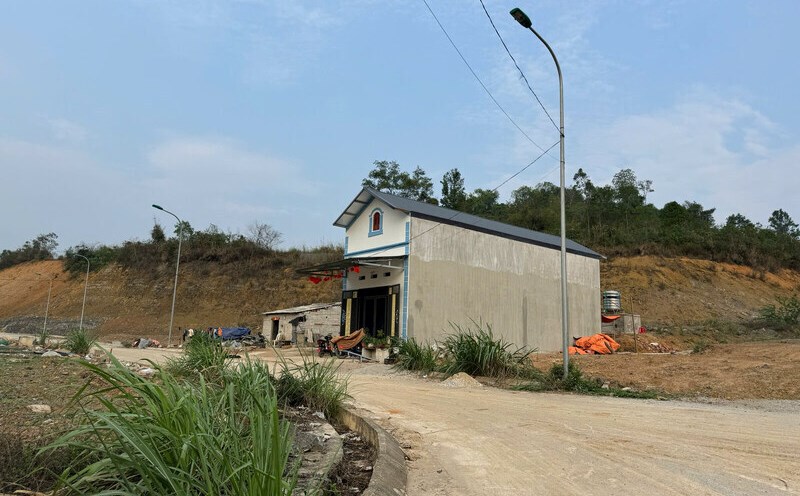Reasonable roadmap needed
Income from real estate transfers (RE) is currently one of the important sources of income in the personal income tax system. However, the tax calculation method for this type of income still has many limitations, causing inadequacies in practice.
Recently, the Ministry of Finance has proposed applying a 20% tax on income from real estate transfers calculated on the income of each transaction (selling price minus purchase price, related costs). In case the purchase price, cost, and tax cannot be determined directly on the selling price according to the holding period. This proposal is attracting mixed opinions from experts, investors and people.
Dr. Nguyen Tri Hieu - Director of the Global Institute for Financial and Real Estate Market Research and Development - commented that the failure to effectively apply real estate tax in Vietnam has led to a number of consequences such as increased speculation and real estate hoarding; the state budget missing an important source of revenue.
According to Mr. Hieu, real estate tax is considered an effective tool to control speculation, create a stable source of revenue for the budget and direct capital flow to economic activities instead of hoarding assets.
Property tax not only requires fairness in the tax system, but also requires a reasonable roadmap to avoid creating unwanted impacts, especially in the context of the market needing stability.
According to Dr. Tran Viet Anh - Vice Principal in charge of Hung Vuong University, Ho Chi Minh City, taxing real estate transfers based on holding time is a correct policy and has the meaning of market orientation, if implemented reasonably. However, immediately applying a tax rate of 20% on profit or 10% on selling price for real estate held for less than 2 years, because it is considered that this tax rate is too high, can "shock" the market.

A synchronous data system is needed to accurately reflect income and prevent speculation
Dr. Tran Xuan Luong - Deputy Director of the Vietnam Institute for Real Estate Market Research and Evaluation - said that if it is forced to be applied in a short time, it is necessary to reconsider the 20% tax rate, because this is a relatively high number. The Ministry of Finance should consider reducing it by half so that people have time to gradually get used to the new policy. More importantly, before mass implementation, it is necessary to prioritize building a unified data system, applying technology to make the market transparent.
Mr. Luong said that if we only focus on taxing sellers early without applying additional taxes on abandoned assets - also known as anti-speculation tax - it will unintentionally create loopholes for long-term speculative behavior. At that time, buyers only need to keep real estate long enough to avoid high taxes, but do not put it into exploitation and use, leading to waste of resources and market distortation.
Associate Professor, Dr. Phan Huu Nghi - Deputy Director of the Institute of Banking and Finance, National Economics University - said that the plan to tax 20% on the difference between the purchase price and the selling price can accurately reflect actual income from the transfer. However, he noted that determining the purchase price is still a major obstacle, especially for transactions that have been going on for many years, when the market lacks transparency.
According to Mr. Nghi, a tax mechanism similar to corporate income tax should be applied, that is, it should be calculated on the profit after deducting expenses. To do this, it is necessary to combine it with the current relatively fully updated buying and selling price management data system, along with strict sanctions for incorrect price declaration. This approach not only helps the real estate market become more transparent, but also limits the situation of "double-priced" declaration and speculative behavior to push up prices.











